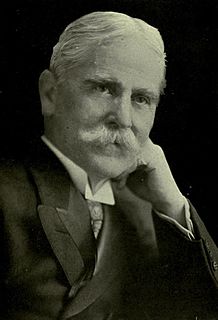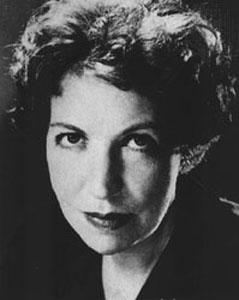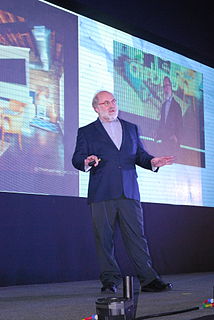A Quote by Italo Calvino
It was the hour in which objects lose the consistency of shadow that accompanies them during the night and gradually reacquire colors, but seem to cross meanwhile an uncertain limbo, faintly touched, just breathed on by light; the hour in which one is least certain of the world's existence.
Related Quotes
We may, indeed, say that the hour of death is uncertain, but when we say this we think of that hour as situated in a vague and remote expanse of time; it does not occur to us that it can have any connexion with the day that has already dawned and can mean that death -- or its first assault and partial possession of us, after which it will never leave hold of us again -- may occur this very afternoon, so far from uncertain, this afternoon whose time-table, hour by hour, has been settled in advance.
The morning, which is the most memorable season of the day, is the awakening hour. Then there is least somnolence in us; and for an hour, at least, some part of us awakes which slumbers all the rest of the day and night... All memorable events, I should say, transpire in morning time and in a morning atmosphere. The Vedas say, “All intelligences awake with the morning.
We say that the hour of death cannot be forecast, but when we say this we imagine that hour as placed in an obscure and distant future. It never occurs to us that it has any connection with the day already begun or that death could arrive this same afternoon, this afternoon which is so certain and which has every hour filled in advance.
Very often people looking at my pictures say, 'You must have had to wait a long time to get that cloud just right (or that shadow, or the light).' As a matter of fact, I almost never wait, that is, unless I can see that the thing will be right in a few minutes. But if I must wait an hour for the shadow to move, or the light to change, or the cow to graze in the other direction, then I put up my camera and go on, knowing that I am likely to find three subjects just as good in the same hour.
I think of consciousness as a bottomless lake, whose waters seem transparent, yet into which we can clearly see but a little way.But in this water there are countless objects at different depths; and certain influences will give certain kinds of those objects an upward influence which may be intense enough and continue long enough to bring them into the upper visible layer. After the impulse ceases they commence to sink downwards.
From up above, in a plane passing over, you’d just see one little light in all this dark, with no idea of the lives that were being lived within it, and in the house beside, and beside that one. So much happening in the world, night and day, hour by hour. It was no wonder we were meant to sleep, if only to check out of it for a little while.
Watching him, I thought, not for the first time that night, that maybe it should have felt strange to be with him, here, now. And yet it didn’t, at all. That was one of the things about the night. Stuff that would be weird in the bright light of day just wasn’t so much once you passed a certain hour. It was like the dark just evened it all out somehow.
The artist who gives up an hour of work for an hour of conversation with a friend knows that he is sacrificing a reality for something that does not exist (our friends being friends only in the light of an agreeable folly which travels with us through life and to which we readily accommodate ourselves, but which at the bottom of our hearts we know to be no more reasonable than the delusion of the man who talks to the furniture because he believes that it is alive.).
And then he drew a dial from his poke, And looking with lack-lustre eye, Says very wisely, 'It is ten o'clock: Thus we may see', Quoth he, 'how the world wags: 'Tis but an hour ago since it was nine, And after one hour more 'twill be eleven; And so from hour to hour we ripe and ripe, And then from hour to hour we rot and rot.






























